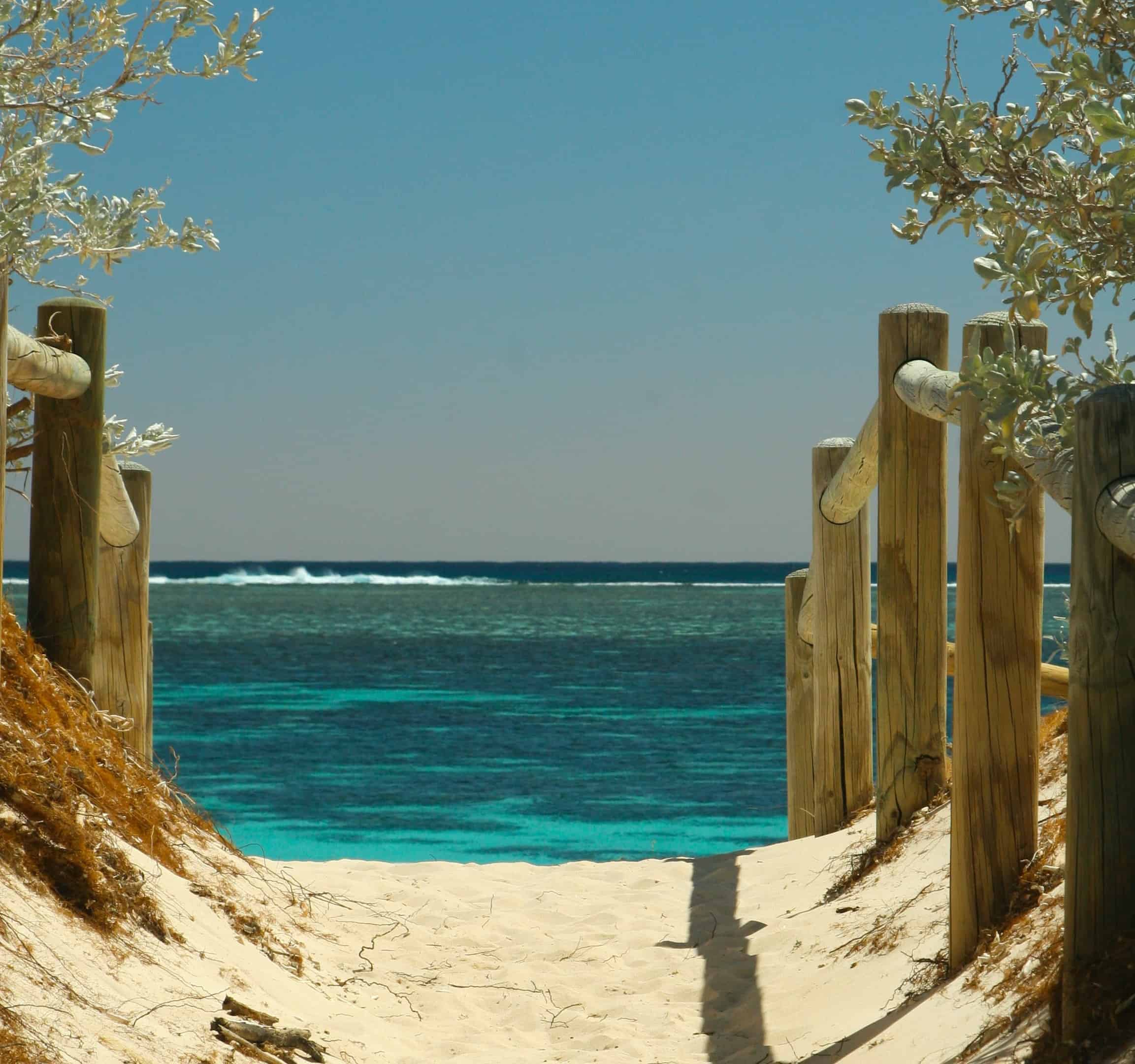The sun is shining in Austin, Texas, and many of us are thinking about plans for the beach this summer.
I’ve written before about the notion that a healthy body is a combination of diet and exercise, and the equivalency that I see with healthy organizations, which will have a mix of ability – crisis skills – and understanding – risk acuity.
Health-wise, it’s generally thought that optimal long-term health will be 80% down to diet and 20% exercise: I believe that same equation pulls through for optimal crisis confidence. You need to focus most of your effort on your crisis response skills. However, you’ll still encounter vulnerabilities if you don’t invest at least 20% of your time and effort into understanding the reputational risks that could impact your organization.
The two things go together exactly as they do to diet and exercise. As diet matters a little bit more, so does skills development. But similarly, diet alone isn’t enough to keep you healthy, and you need to spend time on exercise, exactly as a business needs to spend time understanding its risk.
All of one or the other won’t give you the results you want: in both cases, it’s the combination that gets you the best results.
So what does that mean in the context of building an organization that’s ready for crises?
First are the skills or competencies required. We talk about these in the context of speed, clarity, and trust. What will make you faster? How can you achieve greater clarity? And how do you build trust between individuals, teams, and in yourself? This is where you will spend most of your time and effort developing the speed, clarity, and trust you need to become truly crisis confident.
However, you also need to be crystal clear about the risks that can impact your organization most. This foresight allows you to prepare for, mitigate, and, in some cases, avoid the risks that could affect your organization and throw it off course.
Prepare for the real world
In the context of diet and exercise, this isn’t an abstract pursuit: you’re working towards optimal long-term health for the real world. You want to be able to respond to any given situation day in and day out, whether that’s lifting a 20-pound child, loading groceries into your trunk, or cycling cross country. Your attention to your diet and exercise has real-world benefits.
Similarly, your preparations for crises are focused on the real world. The competencies you need for your business, the gaps you need to close, the relationships you need to build, and the risks you face. Training for a hypothetical situation or developing ancillary skills – crisis theater – won’t prepare you for what you might have to face. Nor will a risk assessment that paints an overly rosy picture of your challenges. Instead, you need to build a blend of skills and risk understanding so that you’re prepared and aware.
So, as we go on this journey of making organizations crisis confident, it isn’t simply by making sure that you’ve got better talking points or better spokespeople. Nor is it solely mitigating all of the risks.
Instead, it’s a blending of both sides of that equation that will allow you to be genuinely crisis confident.
So, just as you need to think about both diet and exercise if you’re looking to increase personal longevity, if you’re looking for crisis confidence, you need to hit the crisis gym: take care of both the crisis skills and the risk acuity of your organization.


